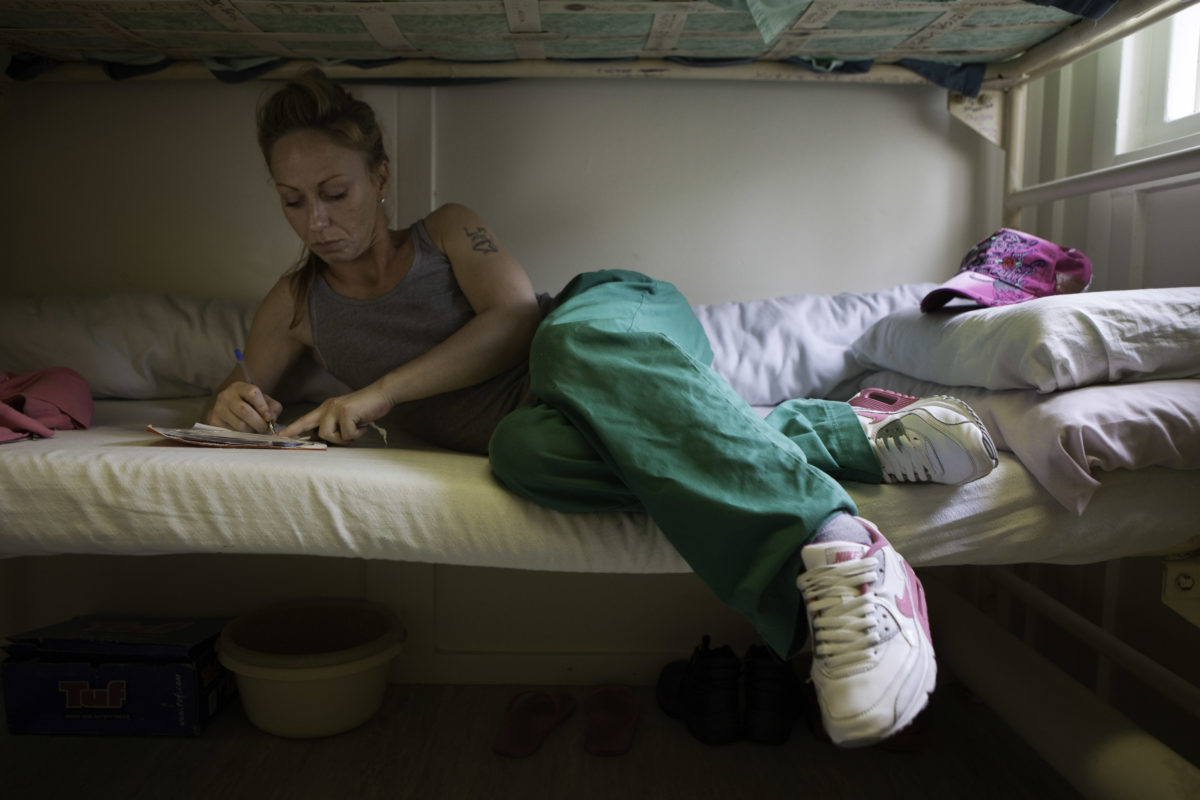Women make up only 5% of the prison population of England and Wales and yet they are five times more likely than their male counterparts to self-harm whilst in custody. An influential cross-party panel of MPs and peers will launch an inquiry today after new statistics have emerged showing that records of self-harm in women’s prisons have been increasingly on the rise in the last year, with a number of recorded incidents of self-injury rising by 8%.
The inquiry will be conducted by the All Party Parliamentary Group on Women in the Penal System (APPG) which has made a number of findings in recent years that indicate that in many cases women are brought into the criminal justice system unnecessarily. Following a 2018 inquiry, for example, the APPG found that many women were being sent to prison unnecessarily. This was despite clear evidence that prison only exacerbated existing problems with, for example, mental health or drug addiction. A 2019 report meanwhile found that police often arrest women for trivial offences, under the false assumption that this would enable the women to seek out help from other agencies. The APPG revealed that police have arrested thousands of women without a proper reason, holding them in custody before ultimately releasing them without charge. These women include those who have called the police to report incidents of domestic violence, only to find themselves being arrested rather than their perpetrators (here).
It is certainly clear that women who end up in prison tend to be victims themselves, and indeed the APPG found in the same 2019 report that women who had been victims of violent abuse were over-represented in the criminal justice system. A separate study, conducted by the Disabilities Trust and Royal Holloway, University of London, found in 2019 that 65% of the inmates at Drake Hall women’s prison in Staffordshire had suffered from a traumatic brain injury (here).
The new inquiry will be looking at how the management of the women’s prison estate impacts the health and general well-being of inmates, as well as the impact of COVID-19 on the reality of life in prison. (here). ‘From the worrying rise in incidents of self-injury to concerns about food, there appears to be wide-ranging and cumulative evidence that being in prison can have a damaging impact on a woman’s health and well-being.’ states Debbie Abrahams MP, co-chair of the APPG. ‘Our inquiry will examine this evidence thoroughly and consider what changes could be made to ensure that women get the support they need to live healthier lives.’
Co-chair Baroness Cortson, meanwhile, noted that the fact that the prison estate is mostly made up of men in fact harms the women who end up in it. ‘When I looked into the treatment of women in the criminal justice system almost 15 years ago, I found that imprisonment was harsher for women because prisons and practices within them had for the most part been designed for men. The inquiry today presents an opportunity to revisit this problem and establish whether prisons are now meeting the specific and diverse health and well-being needs of women in their care.’







